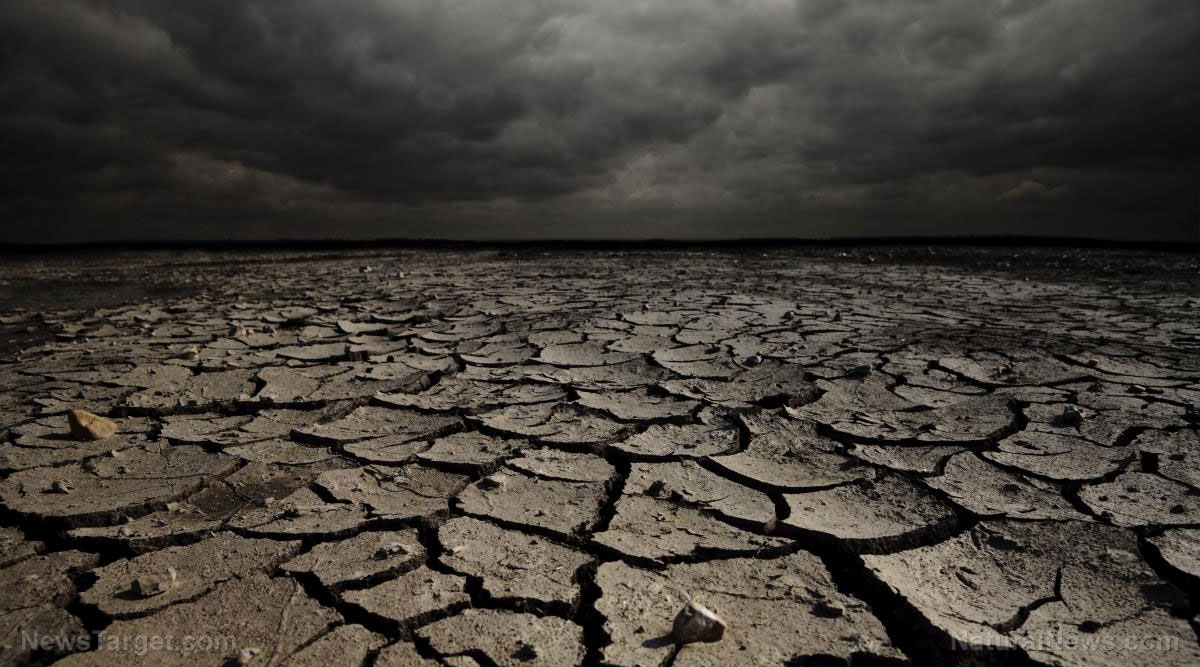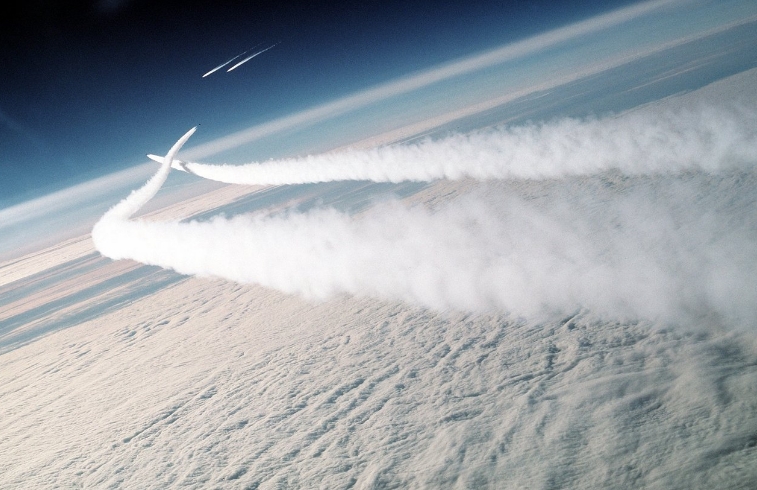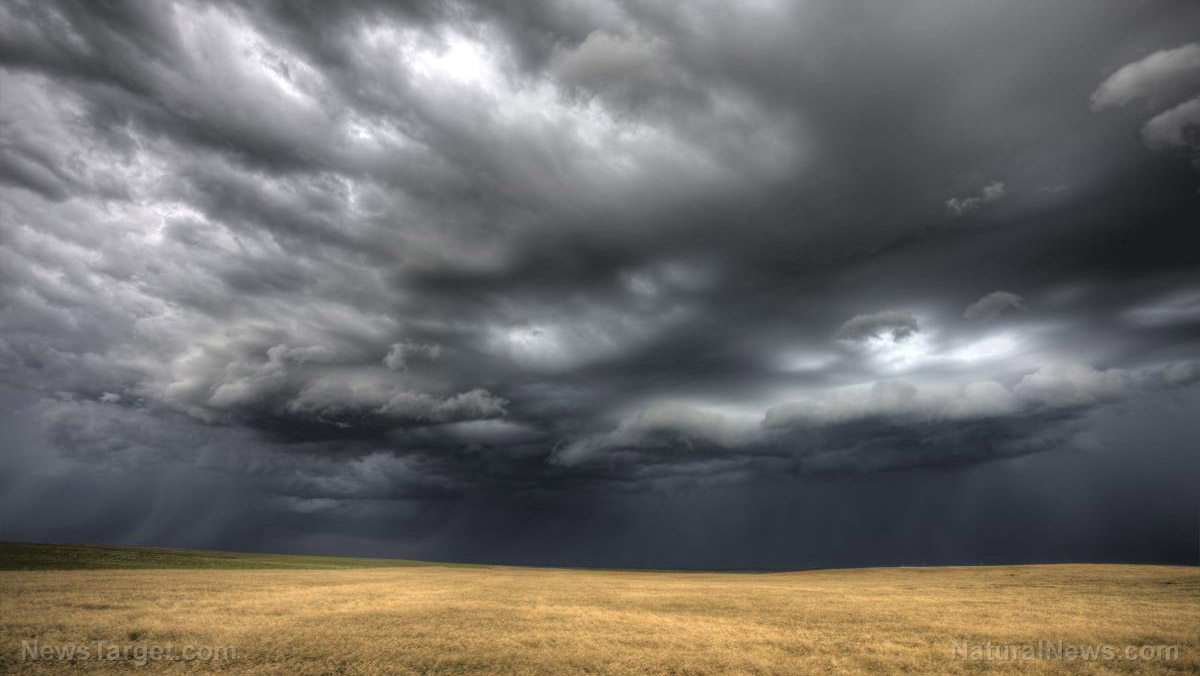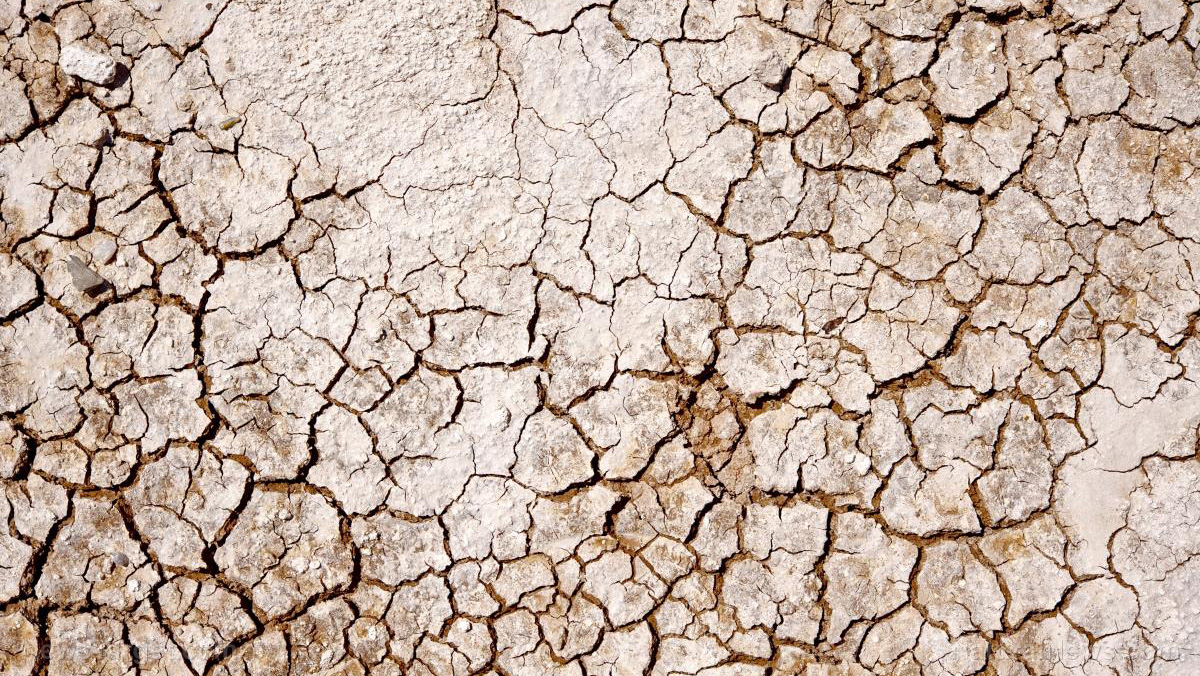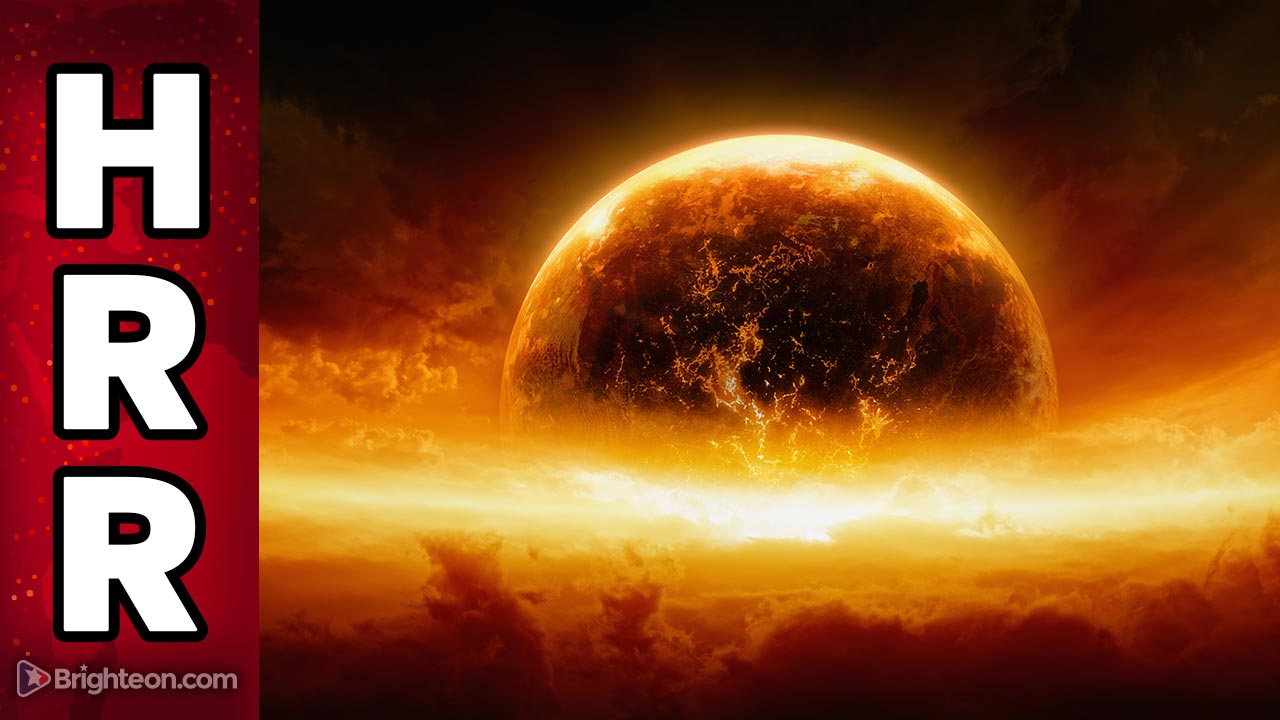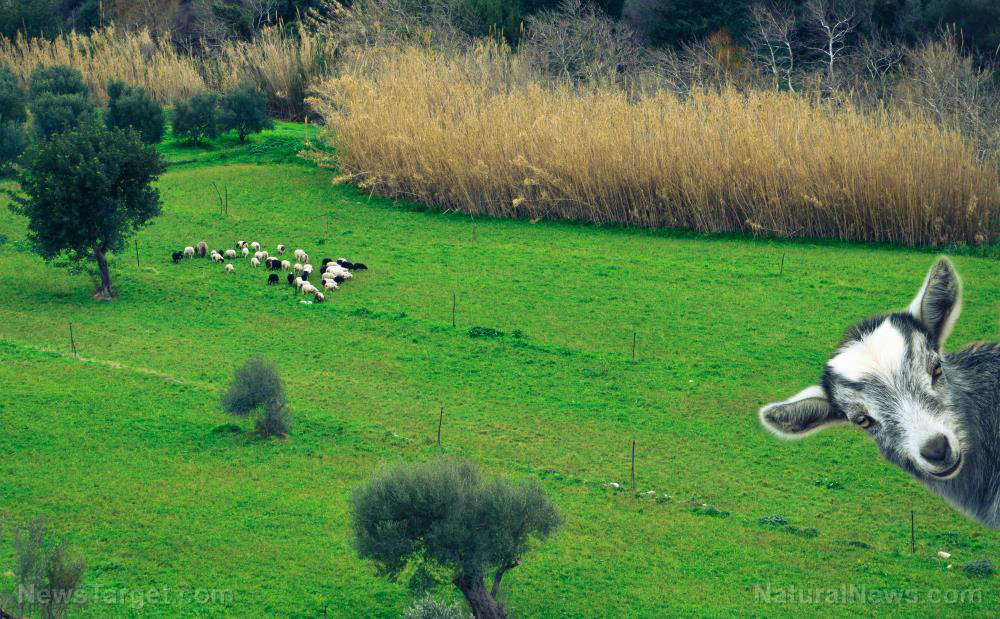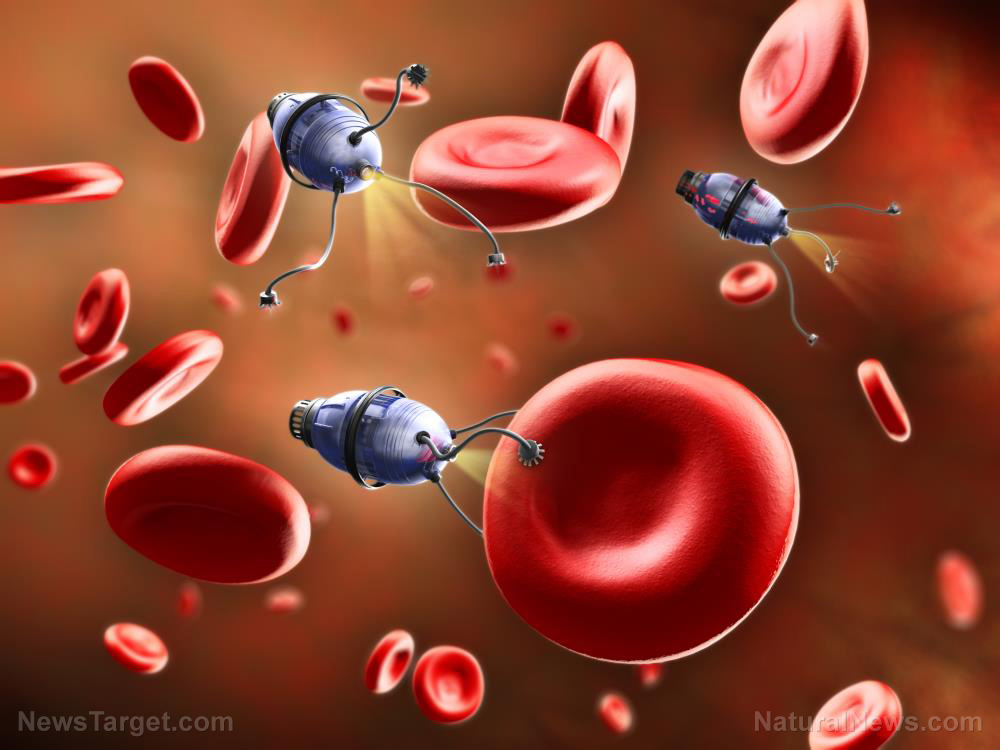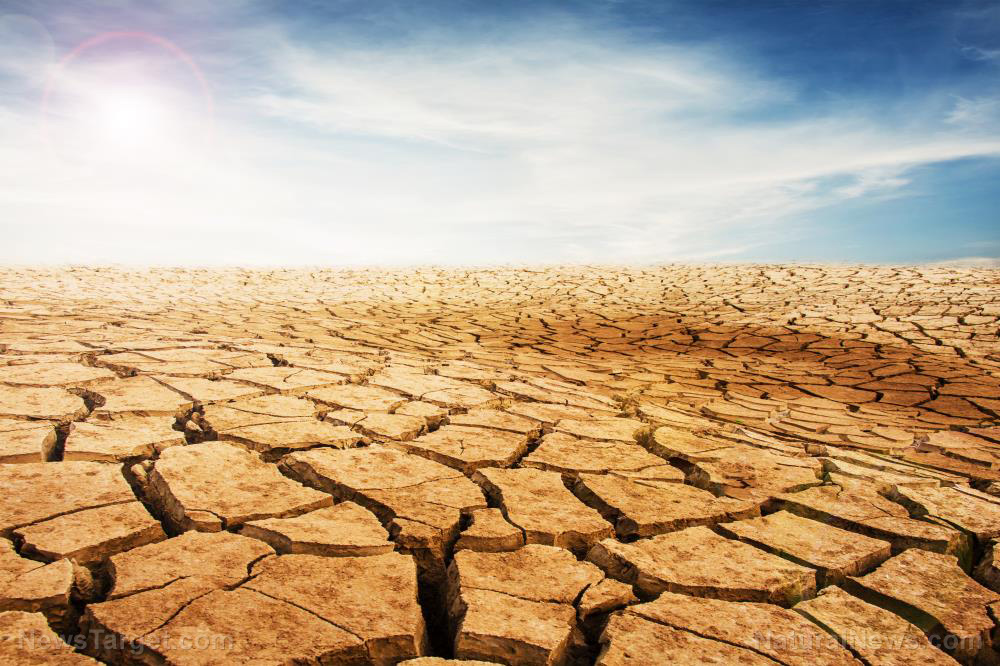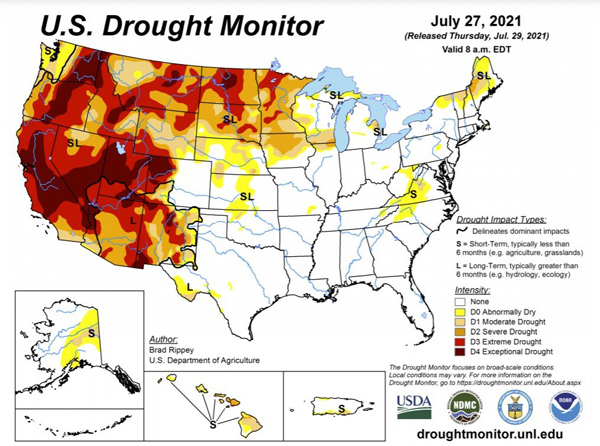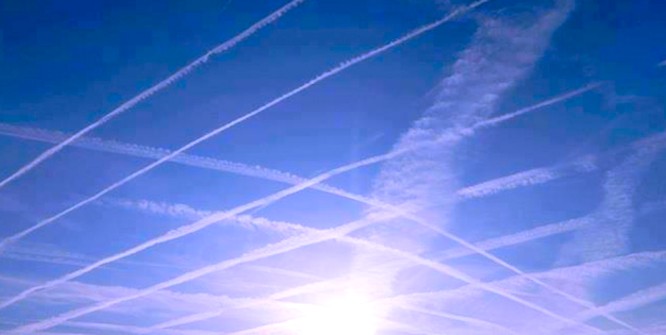Scientists claim that terraforming the Earth can pave the way to terraforming Mars
02/11/2021 / By Virgilio Marin

It was not long ago that scientists had casually and derisively dismissed chemtrails as a mere hoax. Yet as more talks of so-called “climate change” and space colonization come to the fore, it’s becoming increasingly apparent why geoengineering practices like aerosol spraying might really be a distinct possibility.
Writing for Space.com, biologist Mike Wall talks about terraforming Earth to pave the way for terraforming Mars – that is, transforming it from a hostile, alien environment to one suitable for human life. The idea originates from his interviewee, San Francisco-based conceptual artist Jonathan Keats, who claims that rewilding Earth – letting other life forms reclaim the space occupied by humanity – can help scientists sort out the complexities of making other worlds hospitable.
“How do we terraform Mars? We can get ideas from re-terraforming Earth,” Keats said.
Re-terraforming Earth via lichens
Keats, who tackles space-related themes in his art, has led a new initiative called Pioneers of the Greater Holocene. The initiative’s main objective is to reduce the environmental impact of humans on Earth to stave off the Anthropocene – an epoch capping off the Holocene, which started more than 11 thousand years ago, at the end of the last ice age. The proposed start of the Anthropocene is during the early 1950s, but geologists are still deliberating whether to formally declare the epoch as part of the geologic history of Earth.
“I’m not trying to bring back the Holocene; I’m trying to stay in the Holocene,” said Keats.
The initiative is a grassroots attempt to achieve Keat’s vision, and the group already has a slate of active measures in store for the San Francisco Bay Area. One of these is to grow lichens – complex life forms that thrive off the symbiotic relationship between a fungus and an alga. Some species of lichens are toxic, such as the wolf lichen and ground lichen, the latter of which caused the death of around 300 elk in Wyoming in 2004, as per the Department of Agriculture‘s Forest Service. (Related: First it was a “conspiracy theory,” now the mainstream media says geoengineering will fix global warming.)
Through such efforts, Keats believes that “We can make the Anthropocene not an epoch or even an age, but a monument to a near-death experience that we overcame.”
Wall concluded that a Holocene revival might also be beneficial for future plans of colonizing space, ushering “a shift in thinking that informs our eventual settlement of Mars.”
Mars terraforming methods recall chemtrails
Terraforming Mars has been discussed energetically within the scientific community. Even scientists from the National Aeronautics and Space Administration (NASA) have some ideas on approaching the Red Planet.
Planetary scientist Christopher McKay of NASA’s Ames Research Center said that the most feasible terraforming method is to release enormous amounts of chlorofluorocarbons (CFCs) into the Martian atmosphere. These greenhouse gases were once widely used as refrigerants, propellants and solvents until they were found to cause massive damage to the ozone layer and were consequently banned.
But CFCs can benefit Mars, whose chilly temperatures and thin atmosphere are hostile to liquid water. According to ZME Science, CFC spraying will both increase Mars’ atmospheric pressure and boost the global retention of infrared radiation. These effects are enough to trigger a chain reaction that will transform Mars into something similar to Earth, ZME Science reported.
Another Mars terraforming method is spraying ammonia into the Martian atmosphere, which could also induce similar results as CFC spraying. But ammonia, a greenhouse gas nearly as potent as CFC, has the added benefit of enriching the Martian atmosphere with nitrogen gas, which is abundant in Earth’s atmosphere.
All told, both geoengineering methods are founded upon the idea of aerosol spraying, and it’s concerning how well they harken back to chemtrails.
Read more articles about geoengineering Earth and chemtrails at ChemtrailsNews.com.
Sources include:
Submit a correction >>
Tagged Under:
aerosol spraying, ammonia, CFC, chemicals, chemtrails, Earth, environment, future science, geoengineering, greenhouse gases, lichens, Mars, NASA, space, space colonization, terraforming
This article may contain statements that reflect the opinion of the author
RECENT NEWS & ARTICLES
COPYRIGHT © 2017 GEOENGINEERING NEWS


